Space fans, your time has come!
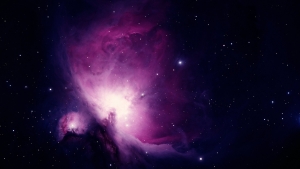
Space tourism is human travel, for recreational and leisure purposes, in space. You can experience the buzz of being tourists in space, traveling to a destination in vast space, watching a rocket launch or watching the stars!
It can be:
- orbital or you remain in orbit, continuously turning the planet at very high speed to avoid falling back on Earth. It takes several days, even a week or more.
- suborbital, similar to a space jump, takes off and then makes a huge arc and return to Earth, without ever going into orbit. The duration varies from 2 to 3 hours.
- lunar, destination: The Moon!
The first space tourist was Tito Dennis, an American billionaire, who spent eight days aboard the International Space Station for $20 million in April 2001. After him, there were six other private citizens.
In the 2000s, Space Tourism became a concrete and real industry, so many companies are entering the industry to capitalize on public interest in space.
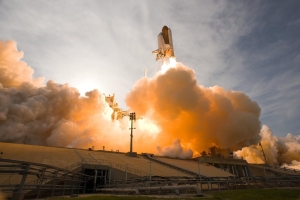 The major companies are:
The major companies are:
- Virgin Galactic – takes care of suborbital flights ;
- Blue Origin – deals with suborbital flights ;
- SpaceX – are giving priority to lunar tourism and allowed the rental of its spacecraft Crew Dragon ;
- Boeing – are working on orbital missions ;
- Axiom Space – are working on orbital missions ;
- Space Perspective – are developing a balloon system to transport customers to the stratosphere and plans to start its commercial flights by 2024.
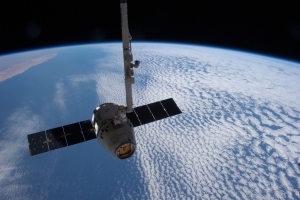
The prices for this experience range from $125,000 to $55 million and this is the most significant barrier to space tourism.
In addition to the economic factor, space tourism is harmful to the environment.
During the combustion of rocket fuels, rocket engines release harmful gases and soot particles into the upper atmosphere, thereby depleting ozone.
However, companies are working on using engines powered by liquid hydrogen, which does not emit carbon, but turns into water vapor during combustion.
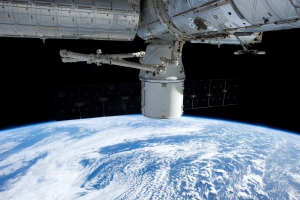
The ultimate pitfall of space tourism are the effects you could have!
- weightlessness: remember that during a suborbital flight you will only have a couple of minutes free of gravity, but it will be awesome!
- Space adaptation syndrome: with symptoms such as cold sweating, malaise, loss of appetite, nausea, vomiting and fatigue.
- force G. 1G is the acceleration that we perceive due to gravity, during a rocket launch is about 3G.
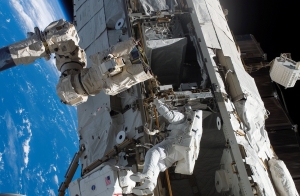
If you have not been intimidated and if you are fascinated by Space, this is the trip that is right for you!
